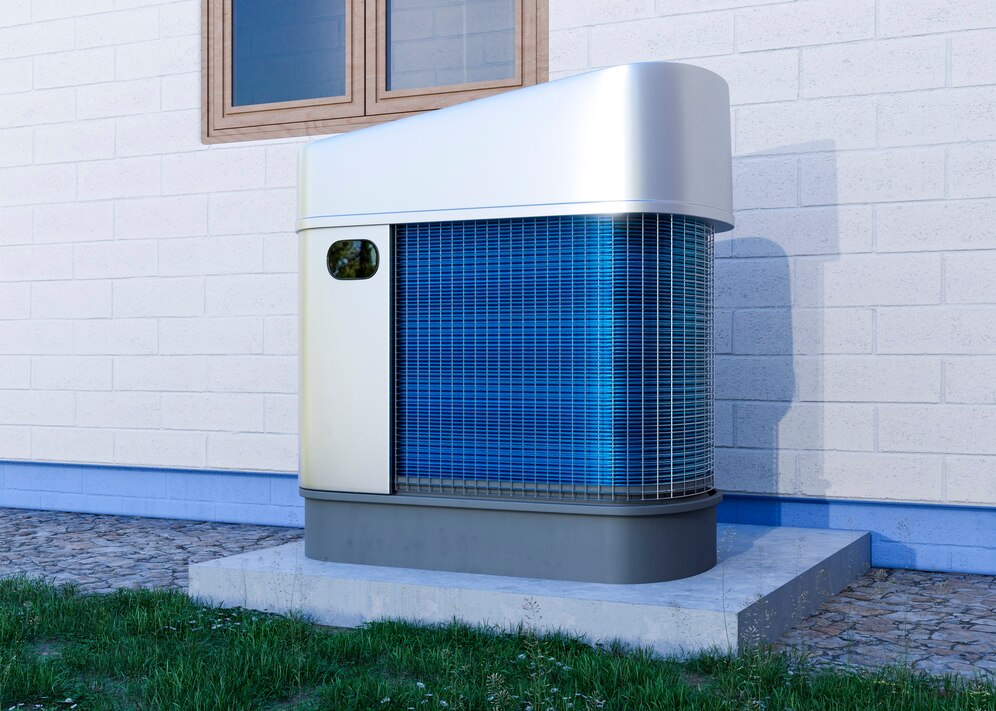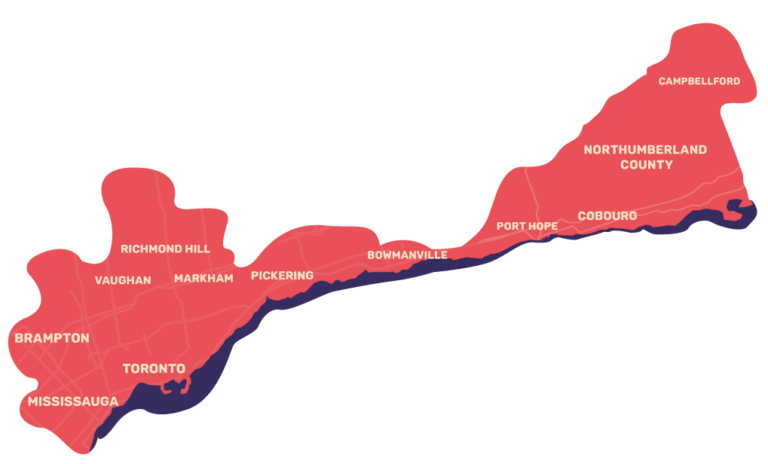Heat pumps are an efficient way to heat and cool your home, but they can face problems from time to time. When issues arise, it’s important to know how to address them quickly to keep your home comfortable. Some common problems with heat pumps include unusual noises, poor airflow, and freezing. Learning how to fix these issues can save you time and money, and help you avoid the inconvenience of a malfunctioning system.
One of the first steps in dealing with heat pump issues is understanding what’s causing them. Sometimes, the solutions are simple and can be done without calling a professional. For example, cleaning filters or checking for debris around the unit can often resolve minor problems. However, knowing when to tackle an issue yourself and when to call a professional is key to ensuring your system runs efficiently.
So, we’ll walk you through easy ways to fix common heat pump issues. Whether your heat pump is making strange noises, not delivering enough airflow, or freezing up, we’ve got you covered. By following these tips, you can keep your heat pump running smoothly and extend its lifespan.
Troubleshooting Noisy Heat Pumps
Noisy heat pumps can be a real headache. But, understanding what causes the noise can help you fix it. One common cause of noise is loose parts. Check the outdoor unit to see if there are any screws, bolts, or panels that need tightening. Using a screwdriver or wrench, secure any loose components. This simple step can often reduce rattling or banging sounds.
Another possible source of noise is debris around the unit. Leaves, branches, or dirt can get stuck in the outdoor fan, causing it to make grinding or clanking noises. Turn off the power to the unit first and then carefully remove any debris. Cleaning the area around your heat pump can also prevent future problems.
The fan motor and compressor can also be noisy if they are worn out or malfunctioning. If the noise continues after tightening loose parts and cleaning the unit, it might be a sign that these components need professional attention. Listen carefully to pinpoint the noise’s origin, and if it seems internal or complex, it’s best to call a technician for a more detailed inspection.
Addressing Poor Airflow Issues
Poor airflow is a common problem that affects the efficiency of your heat pump. One of the first things to check is the air filter. A dirty or clogged filter can restrict airflow, making it harder for your system to heat or cool your home. Replace the filter every 1-3 months to ensure optimal performance. This small maintenance task can make a big difference.
Another possible cause of poor airflow is blocked vents or registers. Ensure that all vents are open and not obstructed by furniture, rugs, or curtains. Walk through your home and make sure each room gets proper airflow. This simple check can often solve the issue right away.
Leaky or damaged ductwork can also lead to poor airflow. Over time, ducts can develop holes or become disconnected, reducing the amount of air reaching your rooms. Inspect the ductwork for visible damage or leaks. Sealing ductwork with duct tape or mastic sealant can improve airflow significantly. If the problem persists, it may require professional duct cleaning or repair.
By addressing these common causes of poor airflow, you can improve your heat pump’s efficiency and maintain a comfortable indoor environment.
Fixing Heat Pump Freezing Problems
Heat pumps can freeze up, especially in colder months. When ice accumulates, it can reduce your system’s efficiency and may cause damage. One simple reason for freezing is a dirty air filter. Check and replace your filter regularly to ensure proper airflow and avoid ice buildup.
Another common cause is blocked or restricted airflow around the outdoor unit. Clear away any leaves, snow, or debris that might be obstructing the unit. Make sure there’s at least 2 feet of clearance around the heat pump for optimal performance. This helps maintain proper airflow and prevents freezing.
Low refrigerant levels can also cause your heat pump to freeze. If you suspect this, it’s best to call a technician to check the refrigerant levels. They can diagnose and fix any leaks in the system, which should resolve the freezing issue.
Sometimes, the heat pump’s defrost cycle might not be working correctly. The defrost cycle helps melt any ice that forms on the outdoor unit. If it fails, contact a professional to inspect the defrost control board and sensors. Ensuring these components are functioning properly can prevent freezing.
When to Call a Professional Technician
Knowing when to call in the pros can save you time and prevent further damage to your heat pump. If you have tried basic troubleshooting and the problem persists, it is time to consider professional help. For example, if tightening loose parts doesn’t fix loud noises, a technician can inspect internal components like the fan motor or compressor.
If your heat pump is experiencing poor airflow despite changing filters and clearing obstructions, the issue might be within the ductwork or internal systems that require a professional touch. Technicians have the tools and expertise to diagnose deeper problems that aren’t easily visible.
Be cautious of technicians who suggest immediate and costly repairs without thorough checks. A sign of a scam is when a technician recommends replacing your entire system without checking components like the thermostat, ductwork, or refrigerant levels. Trustworthy technicians will provide clear explanations and show evidence of the problem areas.
Also, consider using heat pump rebates available and advertised by certified professionals. A legitimate technician will help you navigate available rebates to ease the financial burden. It’s essential to work with trusted professionals to ensure your heat pump operates efficiently without falling victim to scams.
Troubleshooting Common Heat Pump Problems Made Easy
Heat pumps are a vital part of keeping your home comfortable year-round. By understanding how to troubleshoot common issues like noise, poor airflow, and freezing, you can save time and money on repairs. Maintaining your heat pump with regular checks and cleanings helps it run efficiently and last longer.
However, knowing when to call a professional is crucial. Trustworthy technicians will offer detailed explanations and respect your need for clarity before performing any repairs. They will also assist you in taking advantage of heat pump rebates, ensuring you get the best value for your investment.
Keep your heat pump in top shape and avoid scams by following these tips. For reliable heat pump repair eservices in Whitby, contact Waza Home Comfort today. Let’s keep your home comfortable and efficient year-round.






